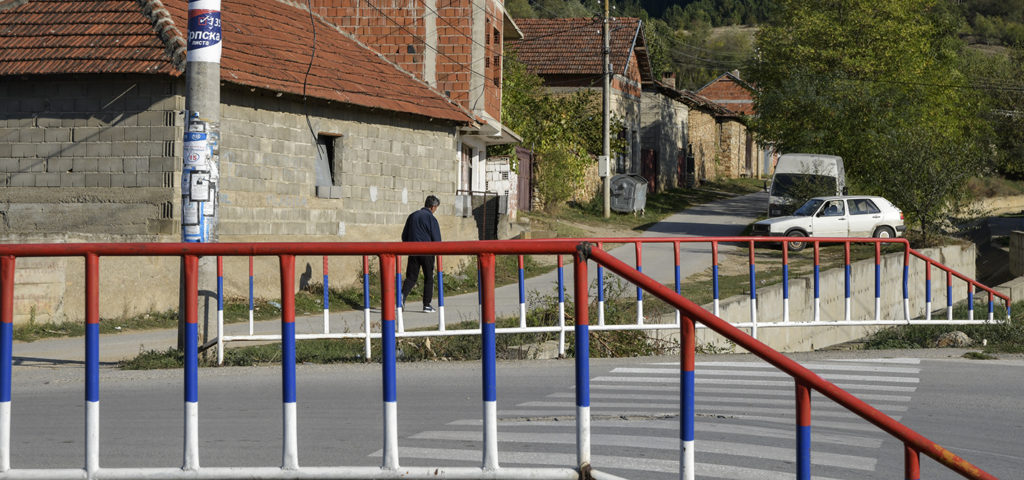
What were the elections like for Kosovo Serbs?
Same script, same players.
|16.02.2021
|
Because they are in a political buffer zone, neither in Serbia nor in Kosovo, Serbs choose to be linked to one "right" political party.
Whether Serb official representatives find a place in the Kurti-led government is still unknown.
One cannot easily say if the participation of Srpska Lista in the government actually brings something to Kosovo Serbs.

Nevena Radosavljević
Nevena Radosavljević is a Ph.D. candidate at the LMU in Munich working on the peace process in Kosovo. She is a freelance journalist and trainer in peace-building, who originally comes from Leposavić.
DISCLAIMERThe views of the writer do not necessarily reflect the views of Kosovo 2.0.
This story was originally written in English.